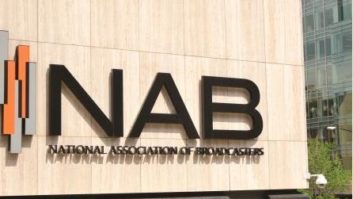Comments are due to the FCC by April 28 in its effort to refresh the record on multilingual EAS.
The Minority Media Telecommunications Council had suggested the agency consider how emergency alerts could reach those who do not speak English as a first language, or at all, during a crisis. The Independent Spanish Broadcasters Association and the Office of Communications of the United Church of Christ also joined the petition.
The FCC’s Public Safety and Homeland Security Bureau seeks to refresh the record on multilingual EAS in EB Docket No. 04–296 because of all the changes that have occurred for EAS since MMTC filed its first petition after Hurricane Katrina. MMTC is proposing that Primary Entry Point stations air Presidential level messages in both English and Spanish and that FCC rules ensure local and state EAS plans include a Local Primary Spanish (LP-S) designation or Local Primary Multilingual designation where a substantial portion of the population speaks languages other than English or Spanish.
The MMTC proposed the commission adopt a “designated hitter” approach when the LP-S or LP-M station cannot transmit the EAS down the daisy chain, and designate an alternate station to air emergency information in other languages “until the affected LP–S or LP–M station is restored to the air,” according to MMTC.
In the past, broadcasters have raised concerns that the designated hitter proposal would require stations to retain employees who could translate emergency information in the language of the downed station. MMTC says the designated hitter stations “could simply allow access to the employees of the downed non-English station,” according to the FCC, which is asking for public input on this view as well as on costs.
Broadcast and cable industry representatives and EAS equipment manufacturers have previously told the commission responsibility for issuing multilingual alerts must rest with alert message originators, and that it would be impractical for stations to generate timely and accurate alert translations at their facilities, according to the commission which is asking whether this is still the case.
The commission is asking for comment on possible technical solutions for multilingual EAS, such as the availability and cost of text-to-speech translation software.
This will be the third time the agency has received comments on the issue. Reply comments are due to EB Docket No. 04–296 by May 12. Federal Register publication triggered the due dates.












